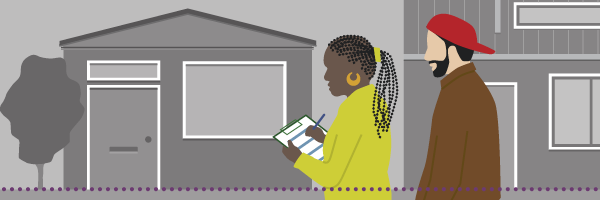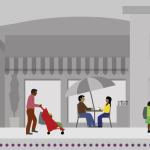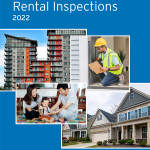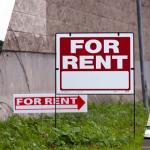Policymaking for Housing Justice
Episode 1: Unpacking the equity challenges of housing code enforcement
For a housing code enforcement officer, a local housing official, or a community housing advocate, what tools are available to promote public health?
How can housing code enforcement ensure that all community members benefit from health-promoting laws and policies?
Governments often rely on punitive measures — such as fines, injunctions, license revocation, and civil and criminal proceedings — when enforcing policies that protect the public’s health. Enforcement is needed to deter housing code violations, but enforcement actions that don’t consider existing inequities may harm communities that experience systemic discrimination.
This 75-minute webinar unpacks the equity challenges of housing code enforcement and offers strategies that local governments can use to center tenants’ health and move toward more equitable enforcement practices.
Speakers
- Gregory Miao, senior attorney, ChangeLab Solutions (moderator)
- Liz Tobin-Tyler, associate professor of family medicine, Alpert Medical School; associate professor of health services, policy and practice, Brown University School of Public Health
- Larry Brooks, director, Alameda County Healthy Homes Department
- Kathy Zeisel, director for special legal programs, Children’s Law Center
Highlights
Housing laws. Housing codes need to be framed in ways that acknowledge the role they have played in deepening segregation and taking land back from Black communities, and they need to address power dynamics and enforcement challenges that can allow landlords to put off remediation or retaliate against tenants. ―Gregory Miao
Housing codes need to be framed in ways that acknowledge the role they have played in deepening segregation and taking land back from Black communities. ―Gregory Miao
Enforcement inequities. As a code enforcement officer, I saw inequities in how I was being instructed to finesse a situation depending on who the property owner was versus put down the hammer on others, particularly in certain neighborhoods. Additionally, I and other code enforcement officers of color were experiencing racism in the system itself. I had the police called on me while I was trying to do an inspection, and I wasn’t the only one. ―Larry Brooks
Community engagement. In Rhode Island, we have an incredible organization, the Childhood Lead Action Project, which was formed to organize parents of children who had been lead-poisoned. The voices, the pressure from the community are very powerful. Constituents know how the systems work; they see it every day. That community engagement piece is crucial. ―Liz Tobin-Tyler
Disparities in health. In Washington, DC, your kids are 27 times more likely to end up in the emergency room for asthma if you live in low-income areas that are majority Black than if you live in wealthier areas with a larger white population. So we see both race and income disparities among the health impacts of housing conditions. As we approach this upstream, we need to keep that equity lens on it. ―Kathy Zeisel
Rochester, Cleveland, Pittsburgh, and Milwaukee are examples of cities that are getting the work done and doing it effectively. They have formed public-private partnerships to not just fund proactive inspection programs but also provide funds to small landlords who are renting to low-income families. Their programs are what I hope the future looks like. ―Larry Brooks
Public-private partnerships. Rochester, Cleveland, Pittsburgh, and Milwaukee are examples of cities that are getting the work done and doing it effectively. They have formed public-private partnerships to not just fund proactive inspection programs but also provide funds to small landlords who are renting to low-income families. Their programs are what I hope the future looks like. ―Larry Brooks
Webinar Recording
This webinar is the first episode in our 2023 webinar series Equity in Action: Policymaking for Community Health. Listen to the recording:
Resources
- Center for Community Progress, American Rescue Plan Act (ARPA)
- ChangeLab Solutions, A Guide to Proactive Rental Inspections
- ChangeLab Solutions, Blueprint for Changemakers
- City of Oakland, Racial Equity Analysis of Lead Poisoning
- National Center for Healthy Housing, How Innovative Communities Are Using ARPA Funds to Transform Housing and Address Environmental Hazards




